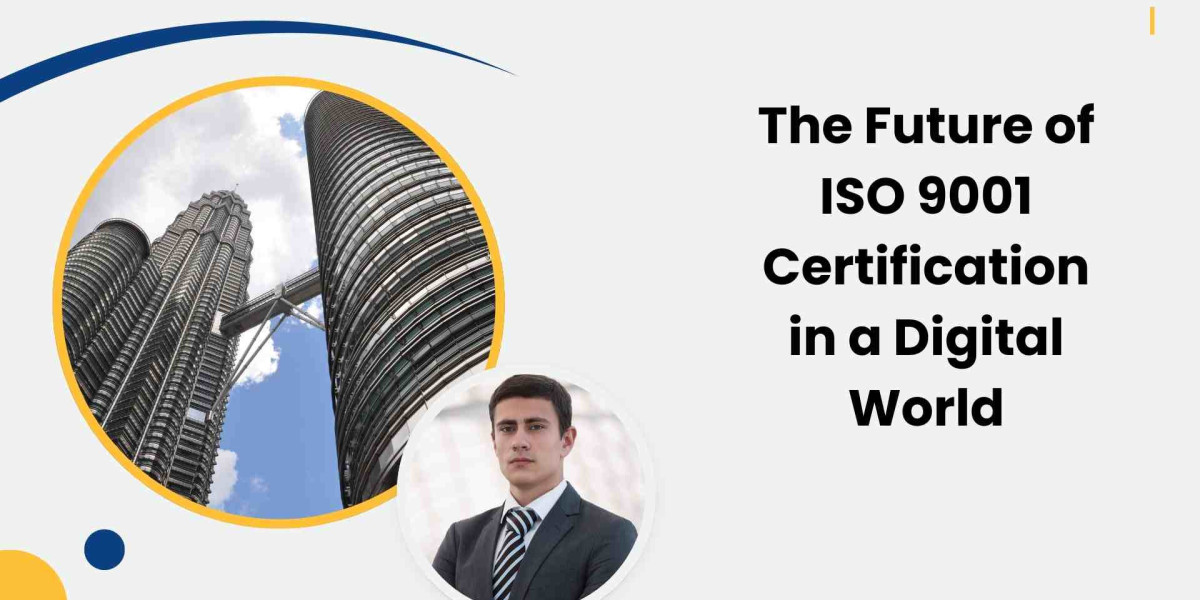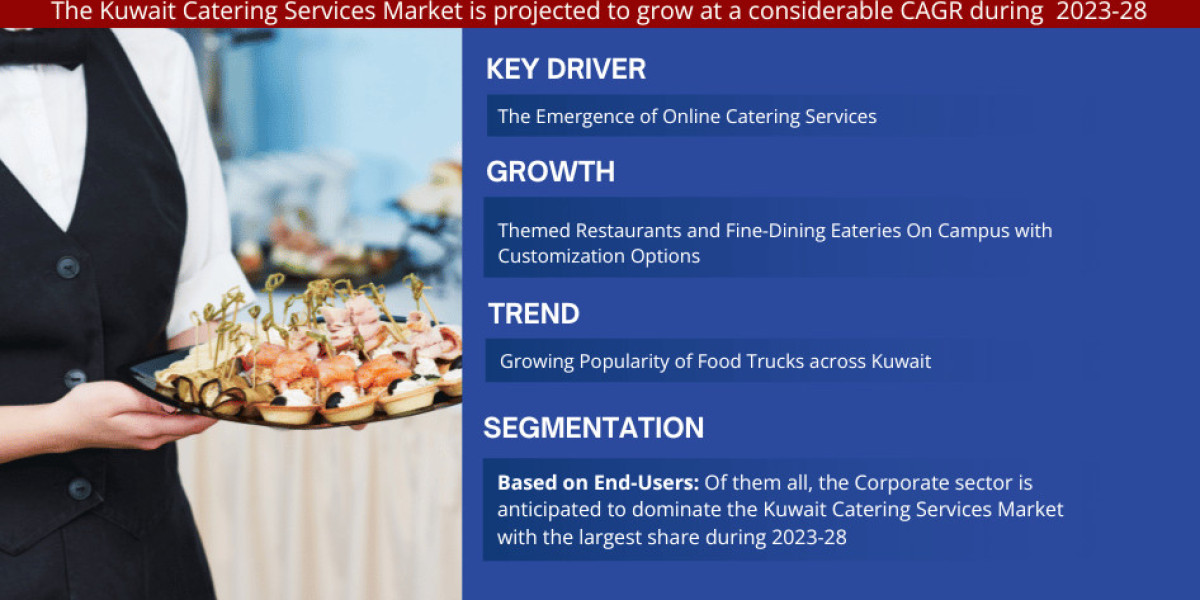As businesses worldwide increasingly embrace digital transformation, the landscape of quality management is evolving. ISO 9001 Certification the internationally recognized standard for quality management systems (QMS), is no exception. Originally established to enhance organizational effectiveness and customer satisfaction through systematic processes, ISO 9001 is adapting to the challenges and opportunities presented by the digital age. This article explores the future of ISO 9001 certification in a digital world, examining its implications, benefits, and the role of technology in shaping quality management practices.
The Evolution of ISO 9001
ISO 9001 was first introduced in 1987 and has undergone several revisions to keep pace with changing business environments. The 2015 revision emphasized a process-oriented approach, risk management, and a greater focus on leadership and engagement. As we move further into the digital era, the relevance of these principles is becoming even more pronounced.
Embracing Digital Transformation
Digital transformation refers to the integration of digital technology into all areas of a business, fundamentally changing how organizations operate and deliver value to customers. This shift affects various facets of ISO 9001 certification:
Data-Driven Decision-Making: Digital tools enable businesses to collect and analyze vast amounts of data. This capability enhances decision-making processes, allowing organizations to base their strategies on real-time insights rather than historical data alone.
Automation of Processes: Automation technologies streamline operations by reducing manual intervention. This not only improves efficiency but also minimizes the risk of errors, aligning with ISO 9001’s commitment to continual improvement.
Remote Work and Collaboration: The rise of remote work necessitates new approaches to quality management. Digital platforms facilitate collaboration among team members, even when they are physically apart, ensuring that quality standards are maintained.
Key Trends Shaping ISO 9001 Certification
1. Integration with Emerging Technologies
The future of ISO 9001 certification will likely see greater integration with emerging technologies such as artificial intelligence (AI), the Internet of Things (IoT), and blockchain. These technologies can enhance quality management processes in several ways:
AI and Machine Learning: These technologies can analyze data patterns and predict quality issues before they arise. By leveraging predictive analytics, organizations can proactively address potential risks, improving compliance with ISO 9001 standards.
IoT Devices: Smart devices can monitor processes in real-time, providing immediate feedback on quality metrics. This continuous monitoring allows businesses to make quick adjustments, ensuring adherence to quality standards.
Blockchain: This technology enhances transparency and traceability in supply chains. By documenting every transaction on a secure ledger, organizations can ensure that all suppliers meet ISO 9001 requirements, fostering trust and accountability.
2. Enhanced Focus on Customer Experience
In a digital world, customer expectations are evolving. Customers now demand greater transparency, faster responses, and personalized experiences. ISO 9001 certification must adapt to these expectations by:
Integrating Customer Feedback: Organizations can use digital tools to gather and analyze customer feedback more effectively. By integrating this feedback into their QMS, businesses can enhance product quality and service delivery.
Utilizing Social Media and Online Reviews: Social media platforms and review sites provide valuable insights into customer perceptions. Organizations can leverage this data to refine their quality management practices, ensuring alignment with customer expectations.
3. Agile Quality Management
Agility is becoming increasingly important in today’s fast-paced business environment. ISO 9001 certification will likely evolve to embrace agile methodologies, enabling organizations to respond quickly to changing market demands. Key aspects of this trend include:
Iterative Processes: Organizations can implement iterative cycles of quality improvement, allowing for rapid testing and feedback. This approach aligns with the ISO 9001 emphasis on continual improvement.
Cross-Functional Teams: Agile practices encourage collaboration across departments, breaking down silos that can hinder quality management. Cross-functional teams can address quality issues from multiple perspectives, leading to more comprehensive solutions.
4. Remote Auditing and Certification
The COVID-19 pandemic accelerated the adoption of remote auditing practices. As organizations become more accustomed to digital interactions, remote audits will likely remain a viable option for ISO 9001 certification. Benefits include:
Cost and Time Efficiency: Remote audits reduce travel costs and time commitments for both auditors and organizations, making the certification process more efficient.
Greater Accessibility: Remote auditing allows organizations in remote locations to access certification services without the need for extensive travel, promoting inclusivity in the certification process.
Challenges in the Digital Transition
While the digital transformation presents numerous opportunities for ISO 9001 certification, it also poses challenges that organizations must navigate:
1. Data Security and Privacy
As organizations increasingly rely on digital tools, concerns about data security and privacy become paramount. Organizations must ensure that their quality management systems are equipped to protect sensitive information while complying with relevant regulations.
2. Skills Gap
The rapid pace of technological advancement may outstrip the skills of the existing workforce. Organizations need to invest in training and development to ensure that employees possess the necessary skills to leverage new technologies effectively.
3. Resistance to Change
Implementing new technologies and processes may meet resistance from employees accustomed to traditional methods. Organizations must foster a culture of adaptability and continuous learning to overcome this barrier.
The Path Forward: Adapting ISO 9001 Certification
To thrive in a digital world, ISO 9001 certification must continue to evolve. Key strategies for adaptation include:
1. Continuous Learning and Improvement
Organizations should embrace a culture of continuous learning, encouraging employees to develop new skills and stay updated on industry trends. This commitment to learning will empower teams to leverage digital tools effectively.
2. Collaborative Ecosystems
Creating partnerships with technology providers and other organizations can enhance access to resources and expertise. Collaborative ecosystems will foster innovation and drive improvements in quality management.
3. Regular Reviews and Updates
ISO 9001 standards should undergo regular reviews to ensure they remain relevant in the face of technological advancements. Organizations can actively participate in these reviews, providing feedback based on their experiences with digital tools.
Note: You can also Apply for ISO Certification from our website
Conclusion
The future of ISO 9001 certification in a digital world holds immense promise. As organizations embrace digital transformation, they can leverage technology to enhance their quality management practices, improve customer satisfaction, and drive operational efficiency. By integrating emerging technologies, focusing on customer experience, and adopting agile methodologies, businesses can ensure that their ISO 9001 certification remains relevant and effective.
Navigating the challenges posed by this transition will require a commitment to continuous learning and collaboration. Ultimately, the ability to adapt ISO 9001 certification to a digital landscape will define the success of organizations in achieving quality excellence in the years to come.








